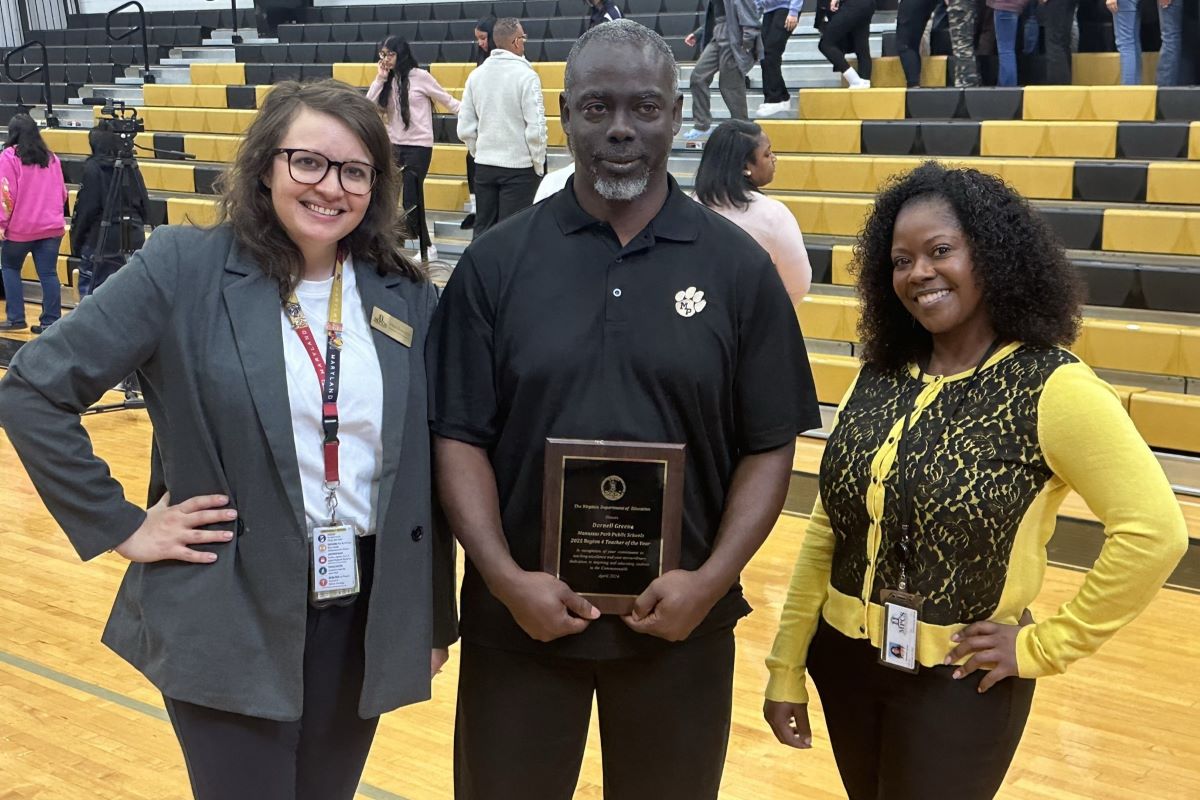
The month of August is a time of preparation for parents, children and, of course, the teachers and administrators across all levels of education in Northern Virginia.
While children approach higher grade levels, the common expectation is that they will receive a larger workload, typically in the form of homework. Yet, at Bull Run Elementary School, in Centreville, homework is no longer a part of the curriculum, and it has been this way since Principal Jason Pensler implemented a no-homework policy before the 2018 academic year began.
A few years ago, research was published on the effects of homework, fueling a debate on whether or not children needed assignments outside of academia from a young age. According to Harris Cooper, a researcher with Duke University, homework has a significant benefit at the high school level, drops off for middle school students and has zero impact on the academic performance of elementary students.
Pensler, an Arlington-native with over 17 years of experience in education, is the only administrator in Fairfax County to put the no-homework belief to the test at the elementary level. Bull Run has around 800 students and 100-plus staff members.
Since its inception, the only assignment outside of school is for children to read. Whether they read for 20 minutes or one hour, aloud or on their own doesn’t matter, so long as the children are reading something. Plus, he has increased his presence on social media in order to share events happening in the community that might be beneficial and enriching for families to attend.
The one-year-old policy is meant to put a stronger focus on the development of the children within the classroom, better preparing them for the future, explains Assistant Principal Rachael Blanchard.
“With our sixth graders, for example, we work with time management,” says Blanchard. “They have all week to work on certain tasks or with long-term projects they’ll have a final due date, which prepares them for what is ahead. We are trying to teach them what assignments look like in real life.”
In lieu of the start of the academic year and the one-year anniversary of Bull Run’s policy, we chatted with Pensler to find out more about life inside the Fairfax County school. Highlights from our conversation are below.
What prompted the change at Bull Run?
I think what really prompted it was just my experience as an administrator and a parent. We started looking at the purpose of homework at the elementary level and found that kids were spending countless hours doing this work at home and also a lot of it was done by parents. I also did my research with books, including Ditch That Homework: Practical Strategies to Help Make Homework Obsolete, The Case Against Homework, and spent time looking at people of influence on Twitter. In elementary school, the research predominantly says there isn’t a correlation between academic success and homework.
I’ve been thinking about this for seven years and I felt like it was the right time to implement it. We made it a procedure, a belief, a commitment. Our kids work almost eight hours a day, so we are going to ensure they get the content here and communicate to families what we are doing, but not send them home with work. We want kids to be kids, to be able to go outside and play, participate in extracurricular activities and read.
What has the reaction been like?
From families, it was well-received. You’re looking at a small handful of families that have contacted me or Rachel about why we don’t do homework. But it’s our opinion that homework should not be the vehicle for how you communicate about what’s going on in school. When you talk about the why we are doing this, it all comes down to the fact that we want our kids to come to school ready and excited to learn. So, our communication with families is growing to show them what exactly we are doing here.
Feedback from teachers has been the same, though we’ve had a couple who are like, ‘We need to give them homework, what about when they get to middle school?’” But our job is not to prepare them for middle school, it’s to prepare them for life.
Have students retained information in a similar way prior to the start of the policy?
Formative and summative assessments are still administered, and our teachers are doing a lot of quick checks. We also incorporate a 30-minute intervention block with the staff, twice a week as a collaborative team where we discuss content and what the kids need to know. The process is looking at what do my kids know and what we need to do while at school. Since we started the policy a year ago, I have not seen any level of understanding dip because they’re not doing homework. I just think it’s so much more than homework, we have to see that progress.
For more content surrounding the academic year in Northern Virginia, subscribe to our Education e-newsletter.



